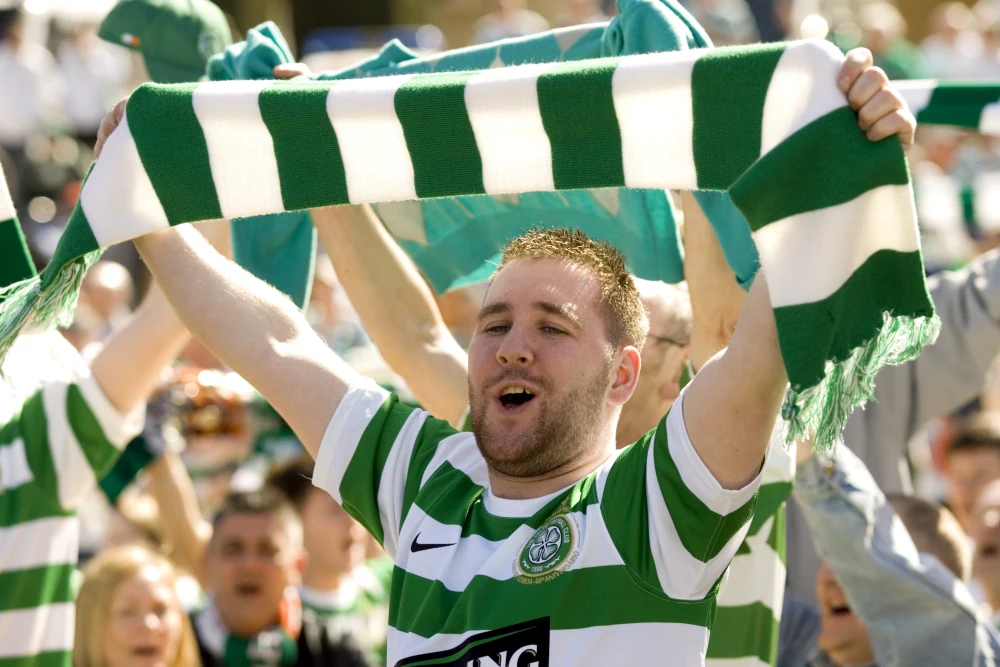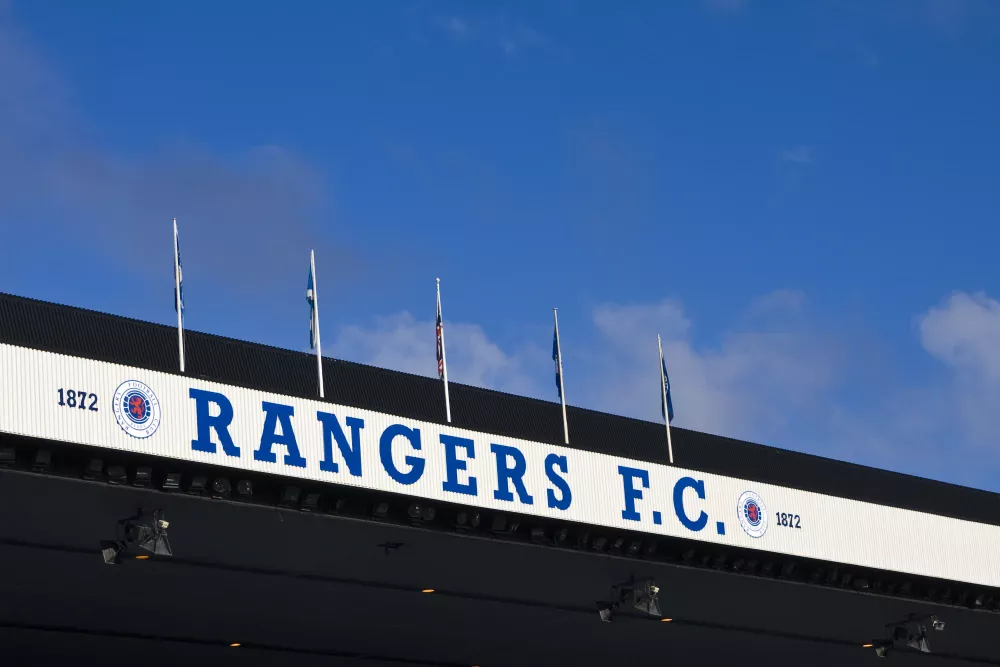The Old Firm
All football fans love a good classic or derby because of the historical rivalry between the clubs that makes each match much more intense than a regular match, in addition to the fact that, on many occasions, they are clubs that are fighting for titles, which leads to an additional element to each duel. Normally, the rivalry is born for sporting reasons, but in some cases, like the one we are going to talk about, there are other social, political and even religious factors that can create that sporting enmity between two institutions.
Origin of the Old Firm
Rangers FC was the first to be founded, way back in March 1872, when the McNeill brothers, Peter Campbell and William McBeath got together to form a football club that, at the time, had no religious, political or religious identification and it simply had a recreational purpose. Celtic, for its part, would be born in November 1887, when brother Walfrid, an Irish Catholic priest who lived in Glasgow, decided to create a football club to raise funds in order to help low-income Irish immigrants.Logically, Celtic created an almost immediate identification with Irish culture and with the Catholic Church, being reflected, for example, in the 4-leaf clover that is on the club's shield. To this, it was necessary to add that the majority of the Irish who formed Celtic were pro-independence, that is, they supported the separation of Ireland from the United Kingdom, which attracted the Scots who wanted Scotland to become independent as well.
On the other hand, Rangers, a club that had already been around for a few years, had been the ones who attracted Scottish protesters and those people who wanted Scotland to remain in the UK, in fact, the blue, red and white colors of Rangers, are the same as the flag of Great Britain. May 24, 1888 was the day chosen for Celtic to play their first official match, which would be against Rangers. The Catholic team won 5-2 and showed themselves to be a markedly superior team, something that was seen as a humiliation by Rangers since the former were a recently formed team.
From there, a snowball effect began that increased the rivalry between the two clubs while at the same time distancing the positions of all areas between both institutions, making their fans increasingly radical in their ideologies and beliefs.

Cup finals
Over the years, both emerged as the dominant forces in Scottish football, so the matches between them were more and more frequent, especially in decisive matches such as cup finals such as the 1965 and 1969 editions, where there were minor incidents. In 1971, the Ibrox Disaster occurred, where 66 people lost their lives and more than 200 were injured when they collided on the exit stairs of the stadium at the end of the match.In the 90th minute, Celtic scored the first goal of the game through Jimmy Johnstone, although before the end of the match, Rangers equalized with a goal from Colin Stein. Some Rangers fans began to leave and the most accepted hypothesis is that someone tripped and fell down the stairs causing a massive fall of people to which some fans who heard the noise of the stadium when Stein scored and decided to return colliding with those who they were leaving The Ibrox Park stairs were very narrow and there was already a history of minor incidents due to the limited space available for the evacuation of so many people.
In 1980, at the height of the hooligan movement in the British Isles, a Scottish Cup final was played between Celtic and Rangers at Hampden Park, with 70,000 fans in the stands, who witnessed how the Catholic team won 1-0 with a goal from George McCluskey in overtime. In the celebration of the victory in the stadium, some Celtic fans went to celebrate with the players and made some gesture that was misunderstood by the Rangers fans that invaded the pitch and started a battle that was impossible for the police to contain inside the field since most of the officials were outside the stadium with the intention of avoiding incidents in that area.
Origin of the term Old Firm
Although there are several theories of how the term Old Firm arose, the one that is usually considered as the origin of that denomination is the one that occurred after the 1909 Scottish Cup final. At that time there was no extra time or penalties, so the ties were resolved with a "replay", that is, a second match was played where the winner was defined.After tying the final, the "replay" was played that was also leveled in the last minutes of the game where the players of both teams showed a striking passivity in their way of playing, which made the fans presume that the game was agreed for end in a draw and force a third game that will generate more income for the clubs from ticket sales.
The fans noticed this passivity and invaded the grass, which led to the suspension of the match and to the decision to leave that edition of the Cup without a winner. The following day, The Scottish Referee newspaper titled the match "The old firm of Rangers-Celtic Ltd" and the Glasgow derby has been given that name ever since.
Being the two dominant clubs in Scotland, they have maintained a good relationship in financial and sponsorship terms for many years despite being two institutions representing opposing ideologies, beliefs and political positions.
